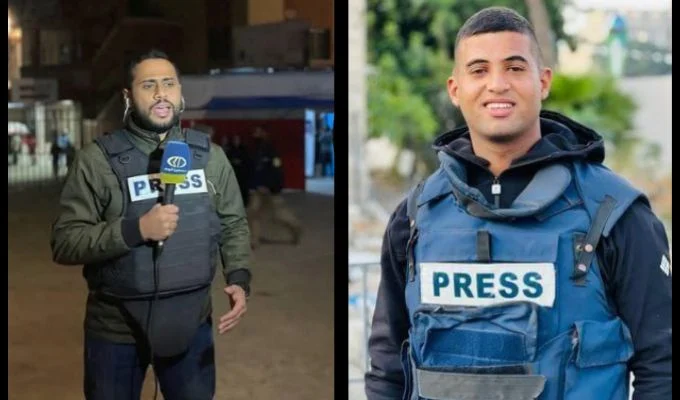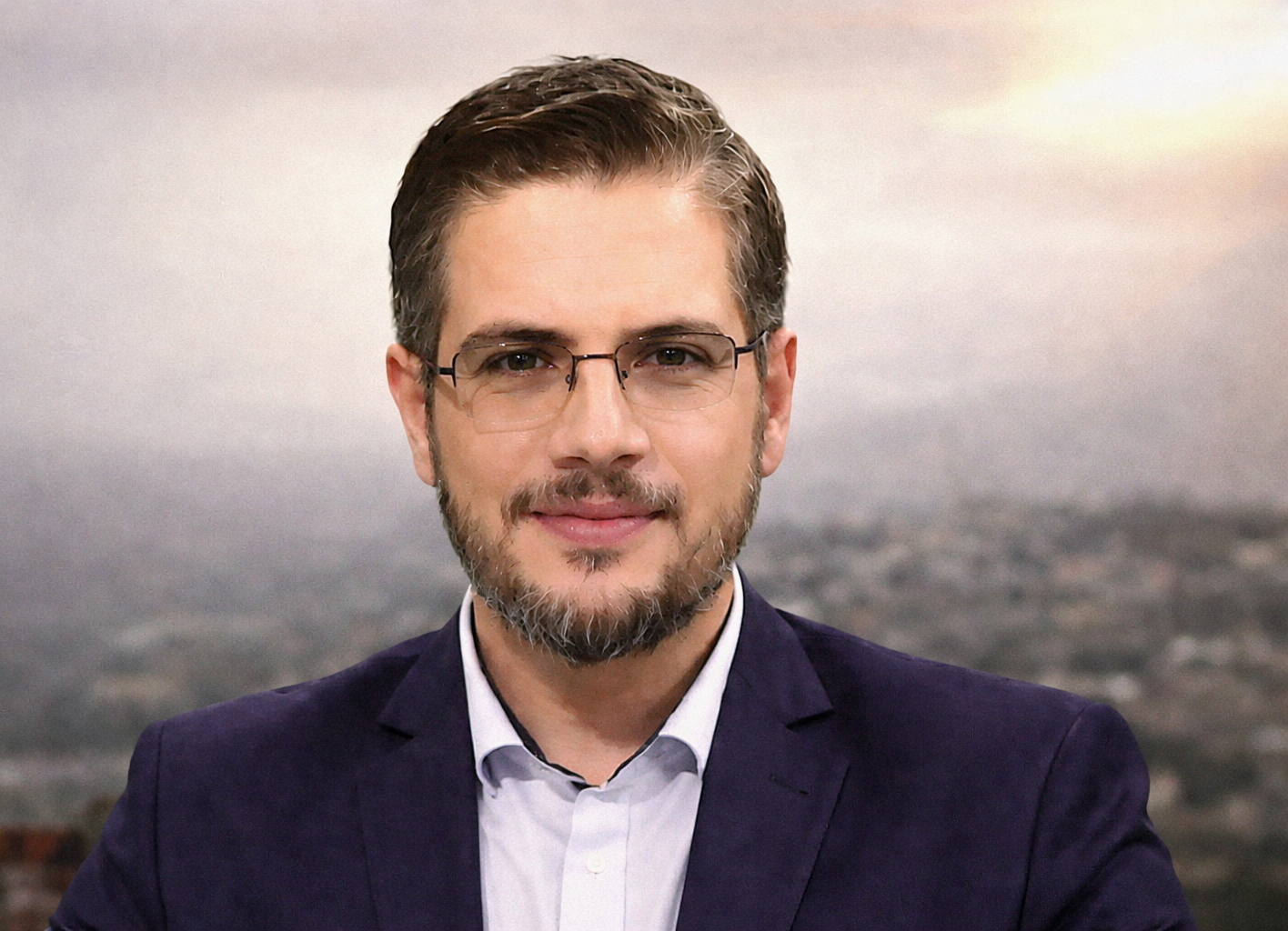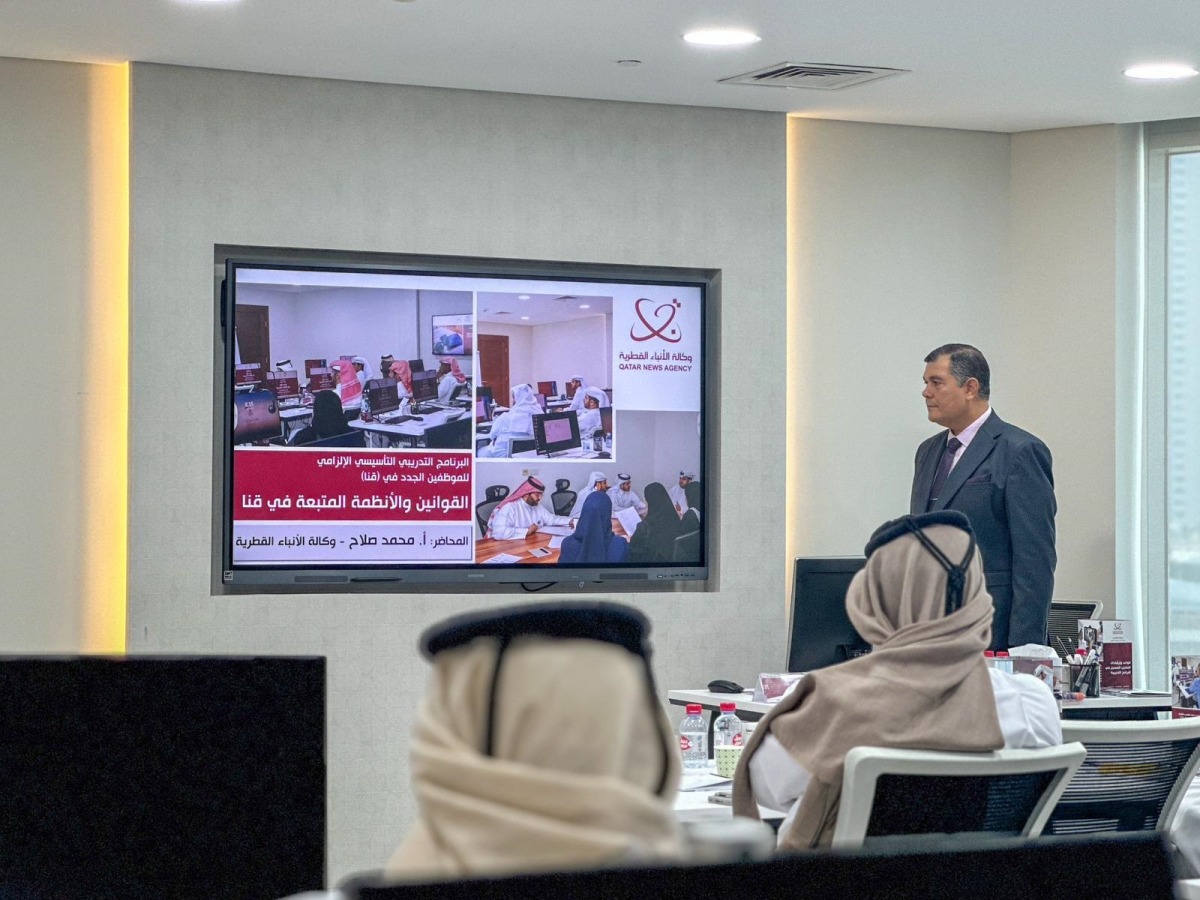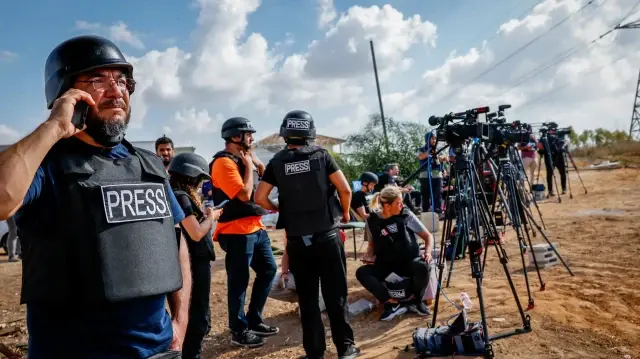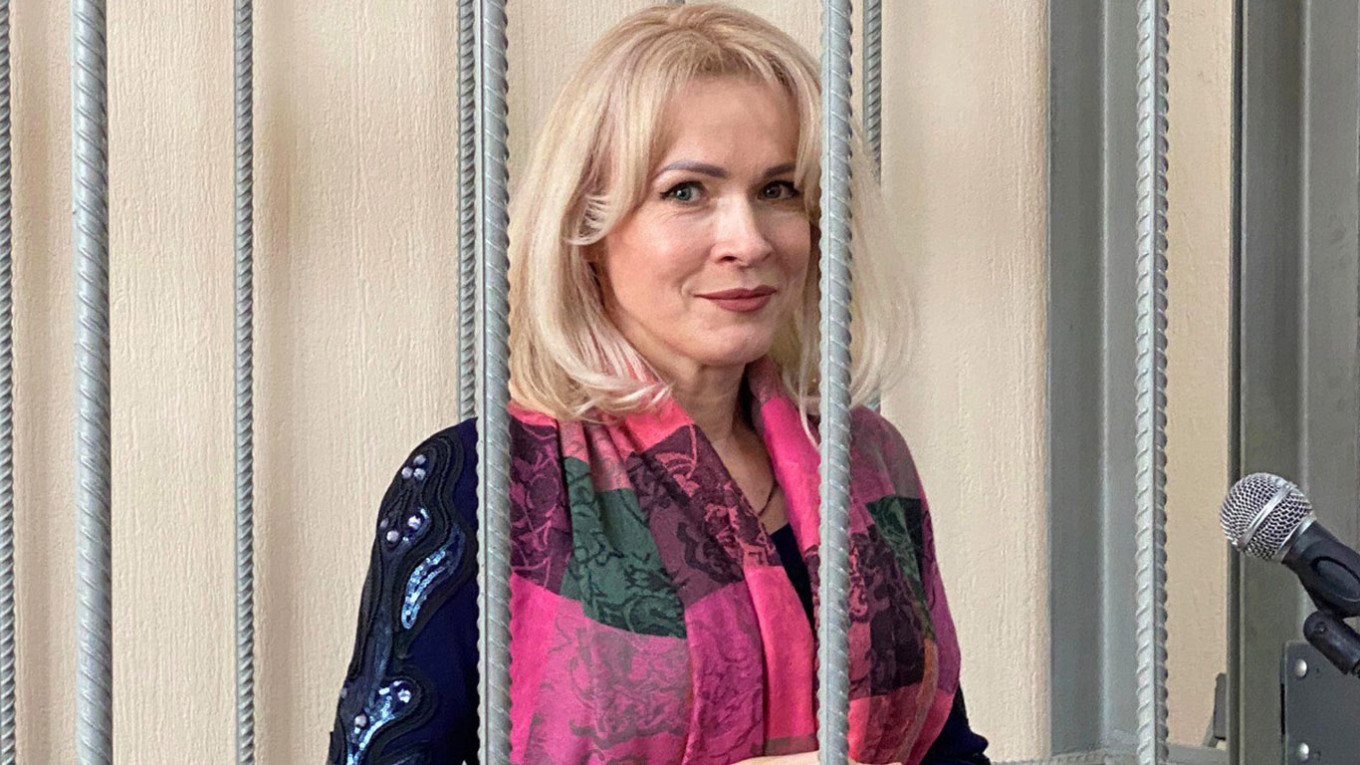
Russian Journalist Maria Ponomarenko’s Sentence Extended Amid Allegations of Prison Abuse
March 24, 2025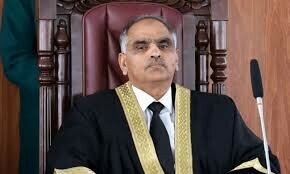
Pakistan Court Probes Abduction of Journalist Ahmad Noorani’s Brothers
March 24, 2025March 24, 2025 – Palestine –
The death of 23-year-old Palestinian journalist Hossam Shabat in an Israeli airstrike on March 24, 2025, has triggered widespread condemnation from human rights groups, press freedom advocates, and international bodies. Shabat, who worked for Al Jazeera Mubasher, was reportedly targeted while reporting near the Indonesian Hospital in Beit Lahia, northern Gaza. His colleague, Mohammed Mansour from Palestine Today, was also killed the same day in a separate strike in Khan Younis.
Shabat’s death has become a symbol of the dangers faced by journalists working in war zones, especially in Gaza, where more than 170 media workers have reportedly been killed since October 2023. Advocacy groups argue that journalists in Gaza are being deliberately targeted to suppress documentation of the ongoing conflict.
The Council on American-Islamic Relations (CAIR) strongly condemned the killings, labeling them as “assassinations” and calling on global media to speak out. CAIR stated that Shabat and Mansour were targeted for their efforts to expose the humanitarian crisis and destruction unfolding in Gaza.
UNESCO Director-General Audrey Azoulay also condemned the killing, urging an impartial investigation. She emphasized that journalists are civilians under international law and must be protected in conflict zones, referencing UN Security Council Resolution 2222, which affirms this status. Azoulay reiterated the need for accountability and transparency in such incidents.
The Committee to Protect Journalists (CPJ) echoed these concerns and called for an international probe to determine whether the journalists were intentionally targeted. CPJ noted that the high number of journalist deaths in Gaza may constitute violations of international humanitarian law, underscoring the need for justice.
Al Jazeera described the killing of Shabat as part of a broader pattern of systematic attacks on journalists. The network demanded that international bodies and human rights organizations take immediate steps to hold those responsible accountable.
The case has intensified global scrutiny of press freedom in conflict areas and reinforced demands for stronger protections for journalists risking their lives to report from the front lines.
Reference –

